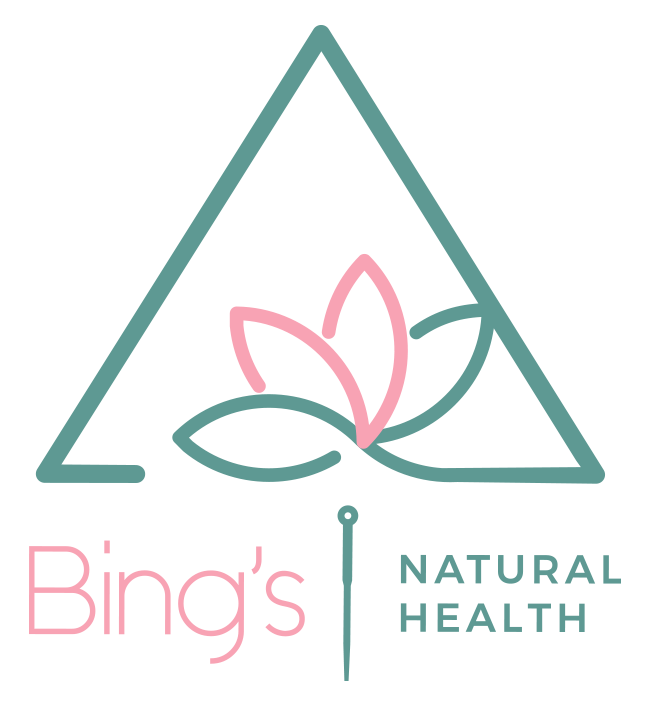Simple Everyday Stress Relief that Protects Your Long-Term Health & Wellbeing
“If you think you can’t afford to give yourself the time to take care of your physical, mental, and emotional health, ask yourself whether you can afford the time it takes to be sick.”
Accumulated stress takes a heavy toll on our physical health and conditioning, reducing our immunity to seasonal colds. It also affects our mental and emotional well-being, leading to poor performance at school, home and work, anxiety, depression, broken relationships and many other problems.
Most of the clients visiting the clinic talk about the busy-ness of their lives and the ongoing stress they are under, when discussing their health with their practitioner. Many of these issues are embedded in their family and work circumstances and cannot be easily changed. However, what can be changed is your attitude to stress, and the small daily actions that will help you release the impact of your stressors on your mind and body.
The Challenge:
When Was the Last Time You Thought About Where in Your Body You Were Storing Signs of Stress?
As I mentioned above, the build up of stress leads to many unpleasant physical, mental and emotional consequences that can end up lowering your performance, satisfaction, and immunity, as well as your ability to cope with life and it’s challenges. Sickness costs you large amounts of time, energy and money.
As a business owner, I totally understand the need to work hard and the never-ending to-do lists, and demands on your time and energy. However, I also understand that letting this tension build up and accumulate (because you don’t make time to take care of yourself) becomes self-defeating.
Last month, I was able to take my first long break (2 weeks) in several years. That long delayed break from my normal routine made me aware of the many ways that stress has built up in my body without realising it. I finally gave myself a chance to remember what it feels like to be relaxed and how much more resistance I now have to coughs, colds, and other germs… in other words, how amazing it feels to be me!
So, here are four (4) things you can do to release stress and tension every day and stop (or reverse) the build up:-
1) Check in on your mindset. When we’re caught up in the whirl of daily life all our activities seem essential. When we use words like ‘must’ and ’should’ instead of ‘want’ and ‘choose to’ we negatively affect the energy we bring to our tasks. It is important to ask yourself a few questions about each project and activity on your calendar: What is the purpose of this? Why is this important to me? Is it worthwhile? If your answer to these questions for an activity is positive then make sure that you use positive language to express your choice. It may seem like a small thing, but saying to yourself “I want to go and collect my husband from the airport,” or “I choose to go to work today,” instead of negative phrasing can change your feeling about the activity, improve your mindset and change your outlook on life.
2) Check in on your body. You don’t actually need to go on holiday to release the tension you are carrying in your body, but you do need to take some time to pay attention to how you are feeling. When you increase your awareness of how your muscles feel, how and where you are breathing, you’ll pick up the tension clues before they express themselves in outbursts of anger or other emotions, over-indulgence in the wrong foods, or sickness. When you notice tension or pain in any area of your body you can mindfully breathe into that part, soften your muscles, and with practice, release the tension in just a few minutes.
3) What does your skin say? Your skin is the largest organ in your body, and for most people it is one of the best indicators of health and disease. Rashes and other breakouts, dryness, wrinkles, itchiness, and other problems are a sign that something within you isn’t properly balanced and using cosmetic acupuncture to work on your skin health isn’t a sign of vanity, but of wisdom because you’re not just treating the symptoms, but working on the cause and seeing the results.
4) Other people’s perspective. When you’re inside a problem that is causing you stress it is often hard to see it from any other angle but your own. Sometimes the mere act of putting your problem into words for another person is enough to make you aware of the solution. However, you will almost always get good advice from others who are outside the tangle of your emotions and stress . They can help you shed light from another perspective and will often help you to find solutions faster.
Unless you acknowledge that you are (or might be) feeling extra stress and tension, you won’t make much of an effort to identify and release it. Ignoring any problem rarely makes it disappear, in fact, it usually exacerbates it. The steps above may seem simple, but they do make a difference because they encourage you to think about the actions you can control, rather than the results that you may not be able to control.

